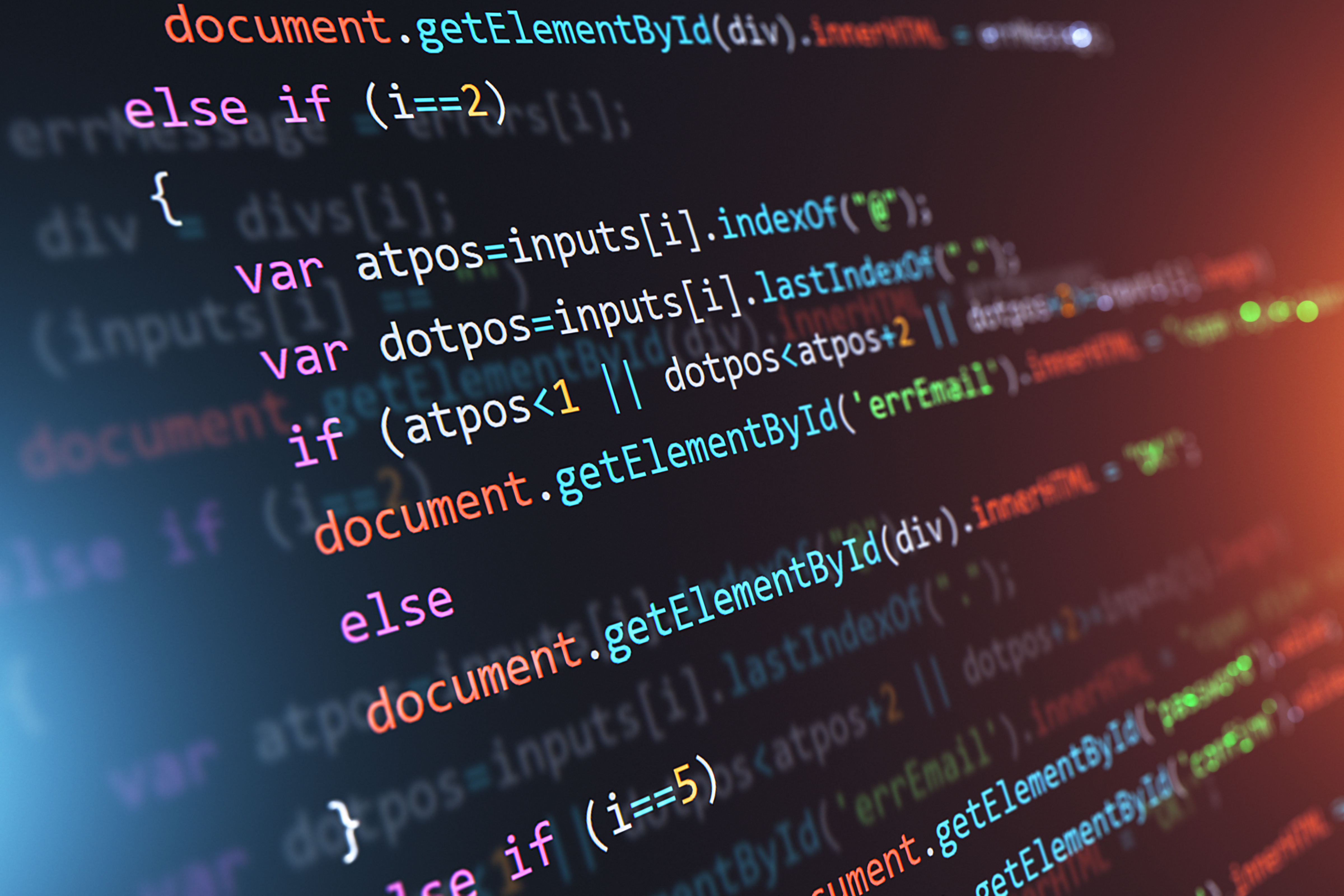
© AdobeStock / Scanrail

© AdobeStock / Scanrail
The provision, findability and accessibility of research software is an essential prerequisite for quality-assured, software-supported research and its reproducibility, also enabling the use of existing software for further research. The Alliance of Science Organisations in Germany previously addressed the development, use and provision of research software in 2018 in its Recommendations on the Development, Use and Provision of Research Softwar. Building on this, the following notes and guidelines provide essential information relevant to proposal submission, review and evaluation of research projects involving the (further) development of research software.
In view of the diverse possibilities in which research software can be used and developed in all areas of science and humanities and the growing need for funding in the areas of development, archiving, findability and reuse of research software, the following remarks are to be understood as interdisciplinary recommendations. As guiding principles, they concern the planning of research projects, the resulting consequences for proposal submission, review and the formation of structures at universities and research institutions.
“What is research software?”
An internationally recognised definition of research software is:
“Research Software includes source code files, algorithms, scripts, computational workflows and executables that were created during the research process or for a research purpose.“ (Gruenpeter et al. 2021: “Defining Research Software: a controversial discussio”)
From the DFG’s perspective, research software is software created during the research process or for a research purpose. It includes, for example, source code, scripts and executable files. It is used, among other things, for the collection, analysis, simulation, processing, presentation or use of observation and measurement data or digitised text, image, film, sound sources, objects, etc. as well as for the generation of scientific models, the control of scientific instrumentation or for process optimisation.
The definition of research software formulated here covers a broad spectrum of software projects that vary in terms of subject, topic and quality. Research software can differ accordingly in its scope, purpose, context and properties. In most cases, research software also includes aspects that play a role in its development, such as technical documentation, user manuals, parameterisation, management plans and digital notebooks.
| E-mail: | [email protected] |
| Telephone: | +49 (228) 885-2358 |
| E-mail: | [email protected] |
| Telephone: | +49 (228) 885-2212 |
| E-mail: | [email protected] |
| Telephone: | +49 (228) 885-2015 |
| E-mail: | [email protected] |
| Telephone: | +49 (228) 885-2642 |